Executive Courses
Upskilling Your Workforce through TDSI’s Executive Courses
TDSI’s Executive Courses under its Continuing Education arm look at domain-specific disciplines in systems thinking and systems engineering, as well as any in-trend/ emerging technologies, to upskill the Singapore defence workforce in line with the nation’s advocacy for lifelong learning. Embracing the digital transformation landscape today, participants will benefit from these courses, learning from subject matter experts from the defence technology community and/or academic institutions, on valuable topical knowledge and skillsets to manage real-world applications. This allows course participants to strengthen their capabilities and value-add to their employing organisations.
TDSI’s Executive Course “Military Navigation Systems Workshop” for Singapore’s Defence Technology Sector
Given the critical importance of navigation in modern military systems and operations that leverages on smart technologies, access to reliable navigation data is imperative while denying them to adversaries during military operations. The executive course on “Military Navigation Systems Workshop” aims to highlight the vulnerabilities in military navigation systems under different deployment scenarios, and share potential corresponding counter-measures. Participants from the defence technology community were appreciative of the knowledge gained from the workshop and acknowledged that the learning was highly relevant and impactful to their current field jobs/ projects. This workshop is well-recognised by the Professional Engineers Board and qualified for 6 Professional Development Units.
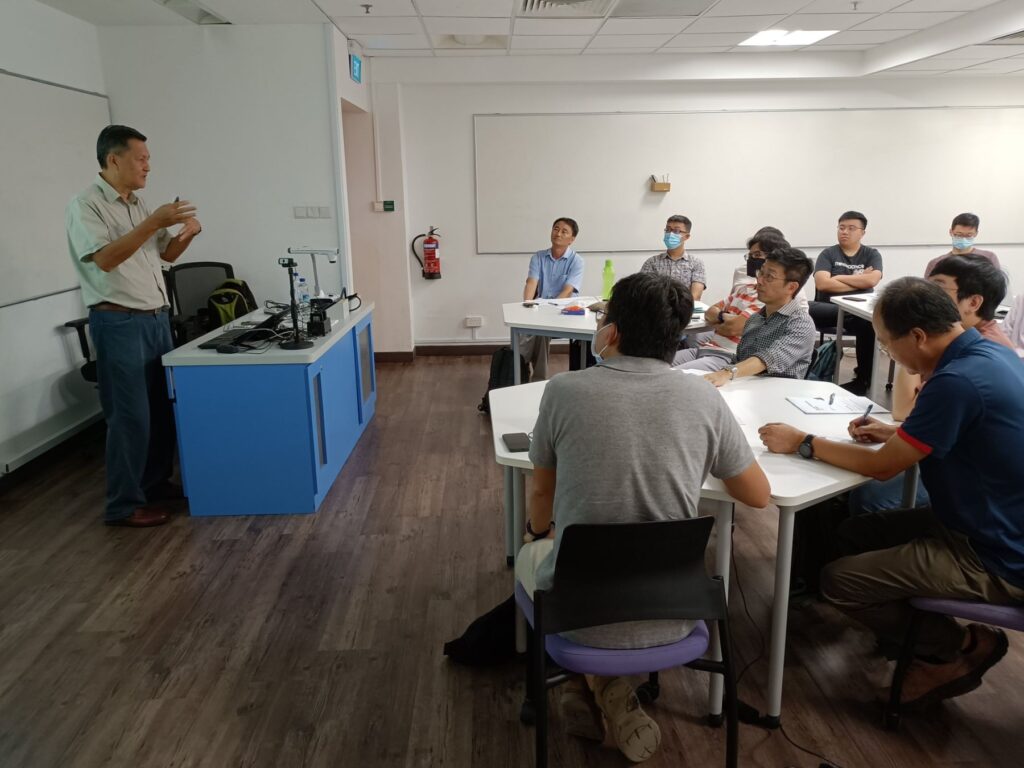
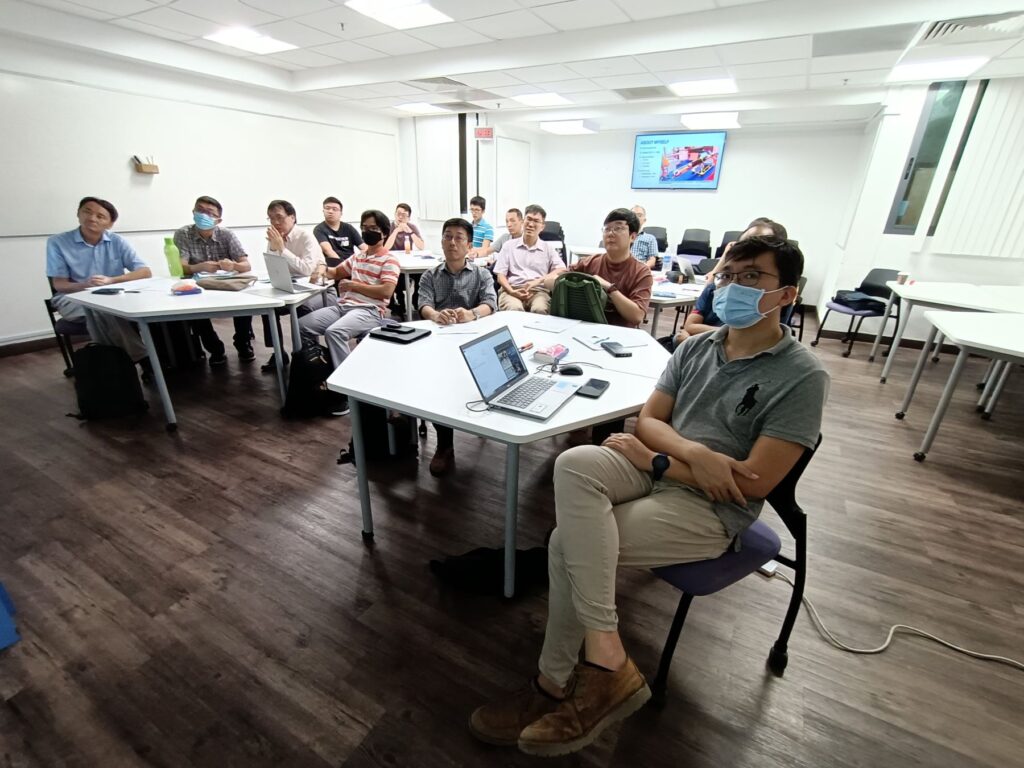
TDSI’s Executive Course “Systems Engineering and Analysis of Emerging Advanced Technologies for Defence Applications”
It is important for the Singapore defence forces to be at the frontier and be knowledgeable about emerging technologies for defence applications. The executive course on “Systems Engineering and Analysis of Emerging Advanced Technologies for Defence Applications” aims to present concepts and methods for engineering and analysing emerging advanced technologies, that include artificial intelligence and directed energy weapons, for defence applications. Course participants from the defence technology community have learnt and gained insights from the course that introduced concepts in complexity theory, strategic thinking, technology assessment, systems engineering and systems analysis. Course participants were appreciative that the learning gained have value-added to their current work with their primary affiliated organisations in the defence eco-system.
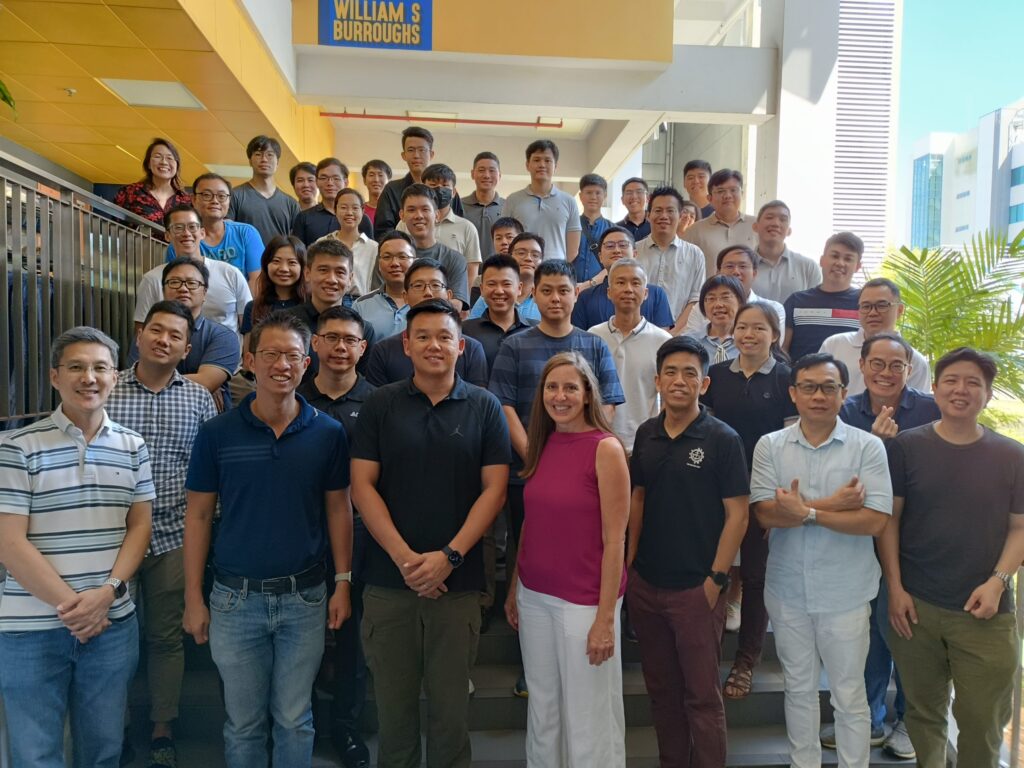
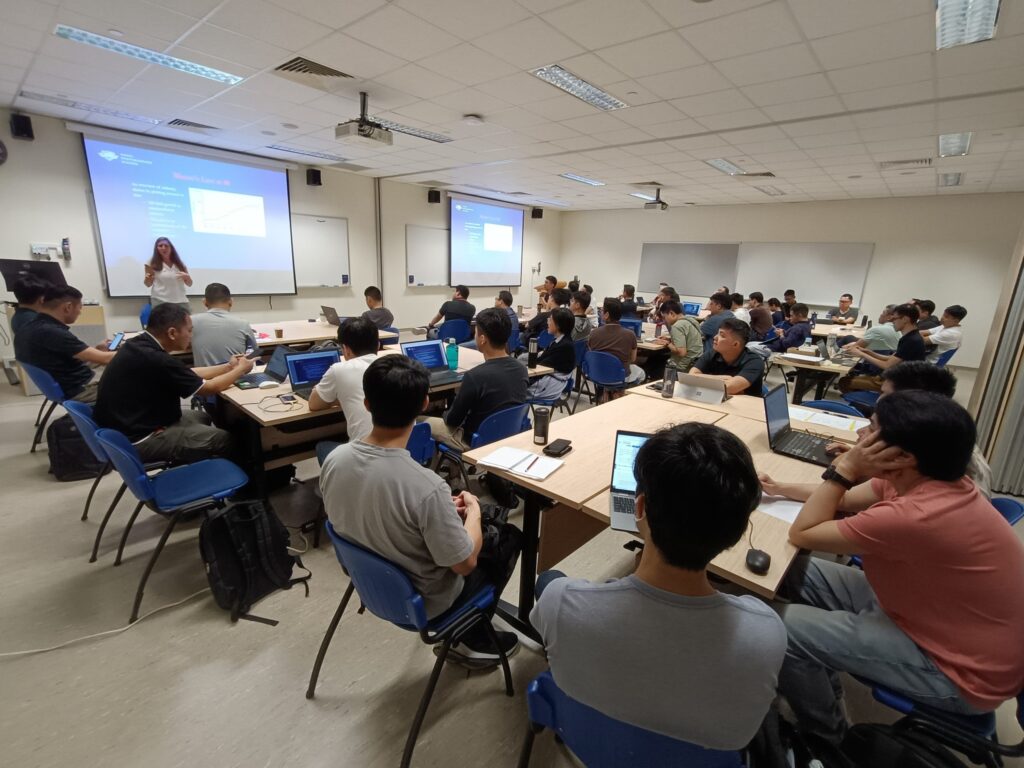
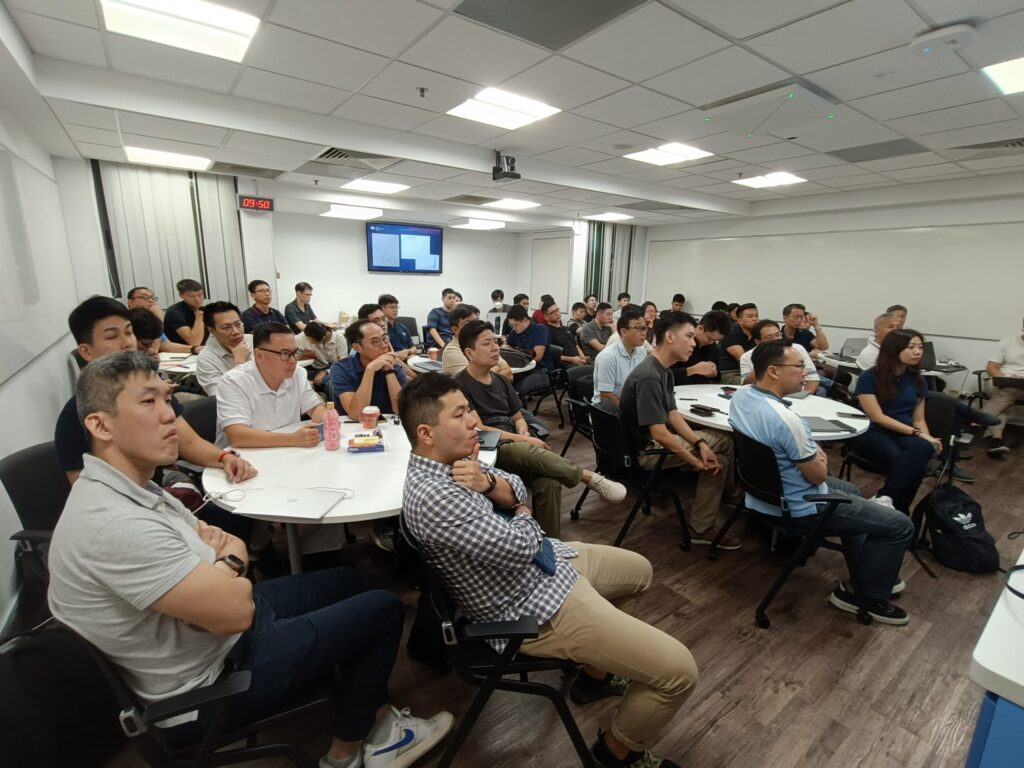
TDSI’s Executive Course “Generative Artificial Intelligence”
Artificial Intelligence (AI) technologies have been widely adopted in operations and work processes/ systems at the national level and in various industries. Generative AI is the latest cutting-edge technology that has been launched to extreme popularity, with progressive adoption by enterprises and industries because of its capabilities that can boost productivity and value-add decision-making, alongside many other deployment opportunities. Recognising the increasing importance of Generative AI for the defence sector, TDSI organised the executive course on this in-trend technology for the Singapore defence technology community to equip them with the fundamental knowledge of key concepts and applications of Generative AI, included algorithms such as generative adversarial networks (GANs) and variational autoencoders (VAEs). Course participants learnt how Generative AI could enhance military operations, from synthetic training data generation to scenario planning and decision support systems. This course is well-recognised by the Professional Engineers Board and qualified for 12 Professional Development Units.
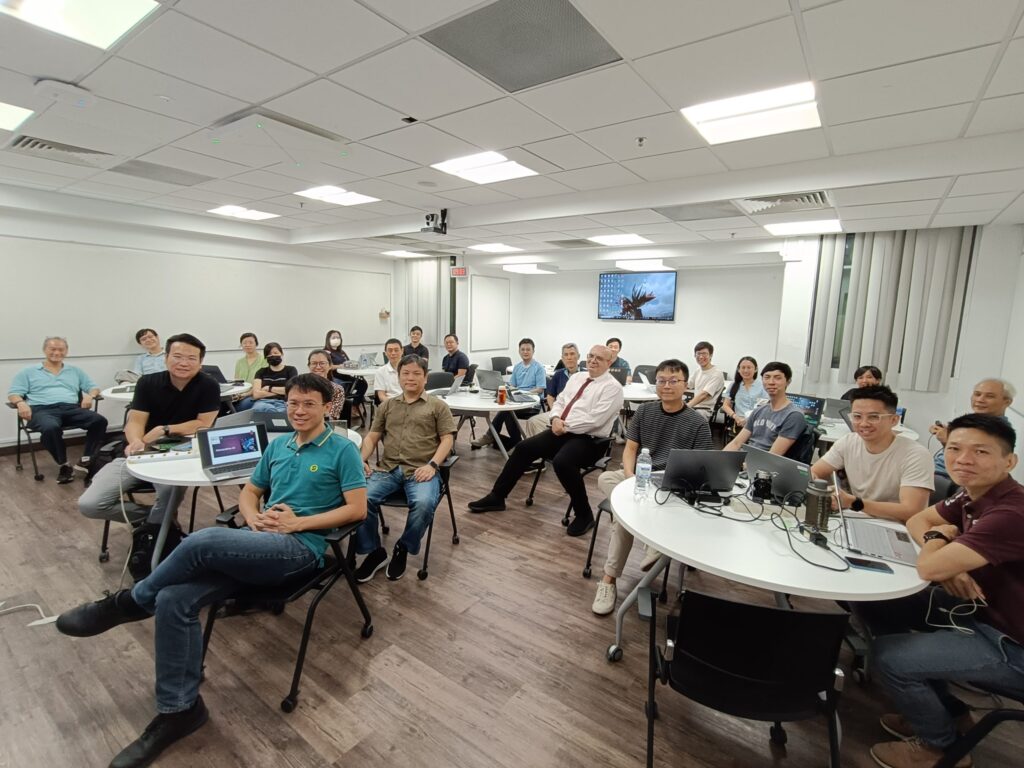
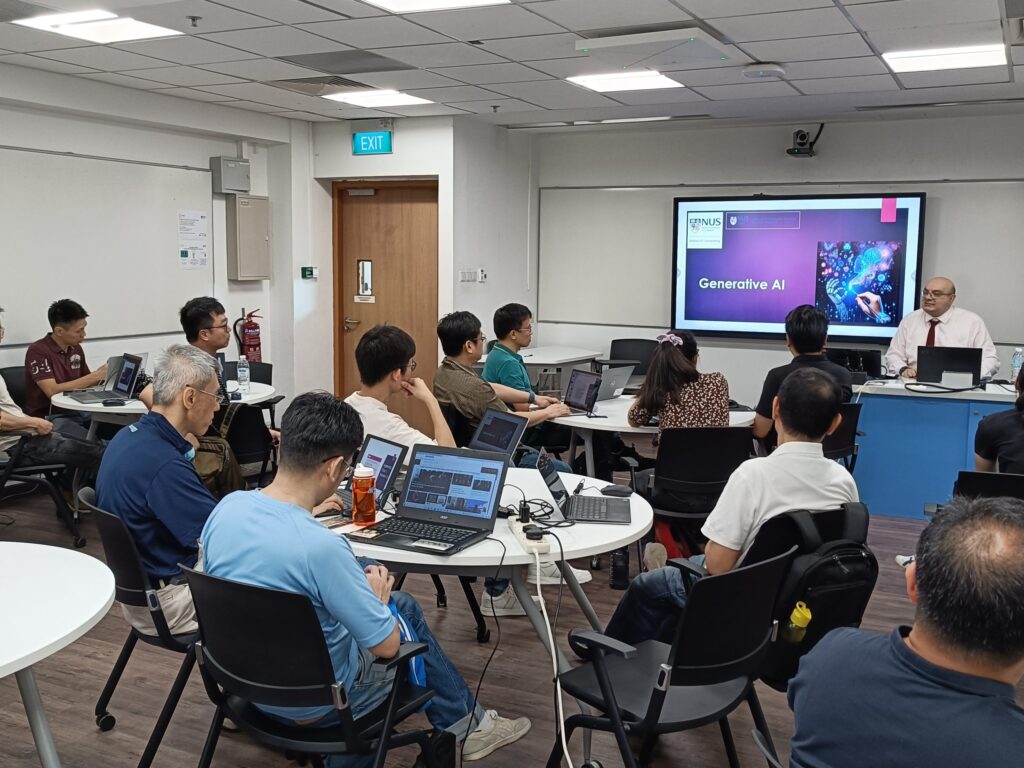
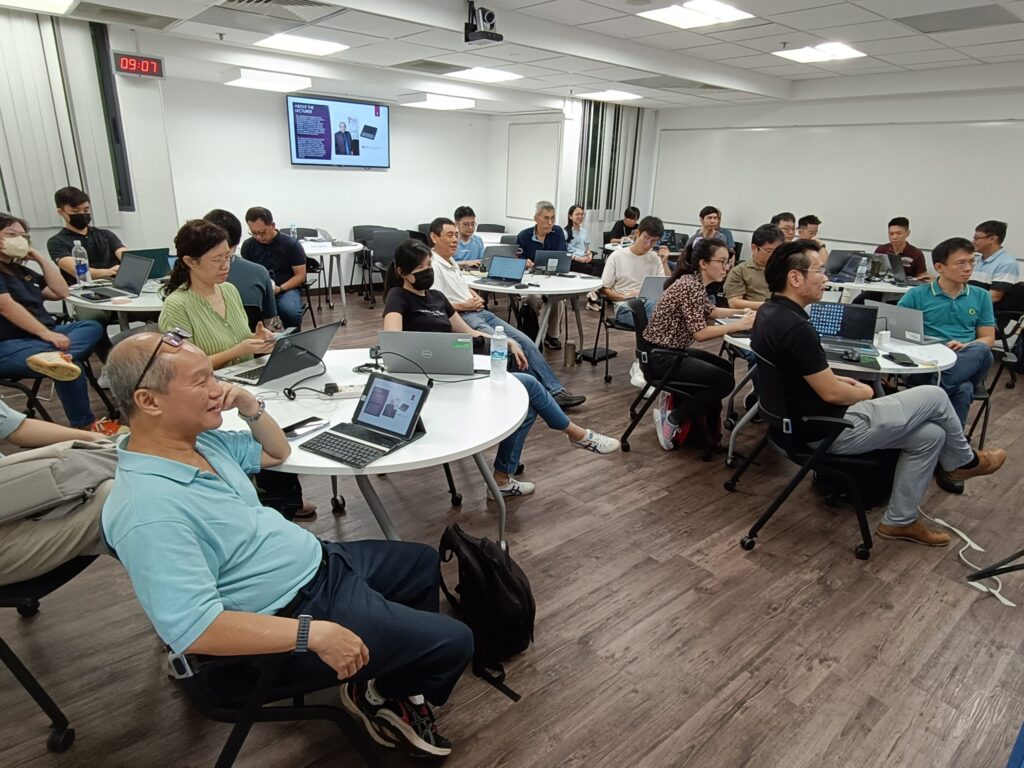

Pressure Gain Combustion for Aerospace Propulsion and Power Generation
Overview
This presentation focuses on the research developments in pressure gain combustion (PGC) for aerospace propulsion and power generation at the National University of Singapore (NUS). Since the 1940s when Hoffman first proposed the application of detonation waves for aerospace propulsion applications, there have been sustained efforts by many scientists and researchers worldwide in attempting to transfer the science of detonation combustion into practical combustion engines. Recently, the study of pressure gain combustion has been revisited and has been proven to be capable of implementation in practical applications by many research groups throughout the world. NUS has been actively pursuing research in numerous fundamental aspects of pressure gain combustion, such as detonation initiation, pulse pressure gain combustors using both gaseous- and liquid-fuels and continuous pressure gain combustors. In this presentation, the benefits of PGC from the viewpoints of thermodynamics, initiation mechanisms of PGC, complexities of wave modes within the PGC combustor and characterizations of its thermal properties will be presented. Finally, the potential of PGC for power generation applications and studies involving the shuttling transverse combustor, a novel PGC configuration, will be discussed.
Learning Outcome
Course Outline
Who Should Attend
Lorem ipsum dolor sit amet, consectetur adipiscing elit. Ut elit tellus, luctus nec ullamcorper mattis, pulvinar dapibus leo.
Speakers
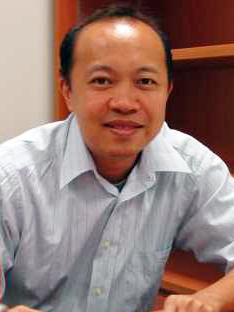
A/Prof. Teo Chiang Juay
Teo Chiang Juay received his B. Eng. and M. Eng. degrees in Mechanical Engineering from the National University of Singapore (NUS), and his Ph.D. in Aeronautics and Astronautics from the Massachusetts Institute of Technology (MIT). He is currently an Associate Professor at the NUS Department of Mechanical Engineering. He teaches modules related to Fluid Mechanics and Aerospace Propulsion. His research interests include thermal-fluids, microfluidics, hydrodynamics, aerodynamics and aerospace propulsion. He currently conducts research on the use of superhydrophobic surfaces for reducing flow resistance in microfluidic applications, the use of chaotic advection for heat transfer augmentation in microchannel heat sinks, Wing-In-Ground craft aerodynamics, flow cavitation, Detonation Engines and cross flow fans for Unmanned Air Vehicles.
Details
- 16 Jun 2021, 2:00 pm - 3:00 pm
- 1 hour
- Online Zoom
Status
This event is now closed.
